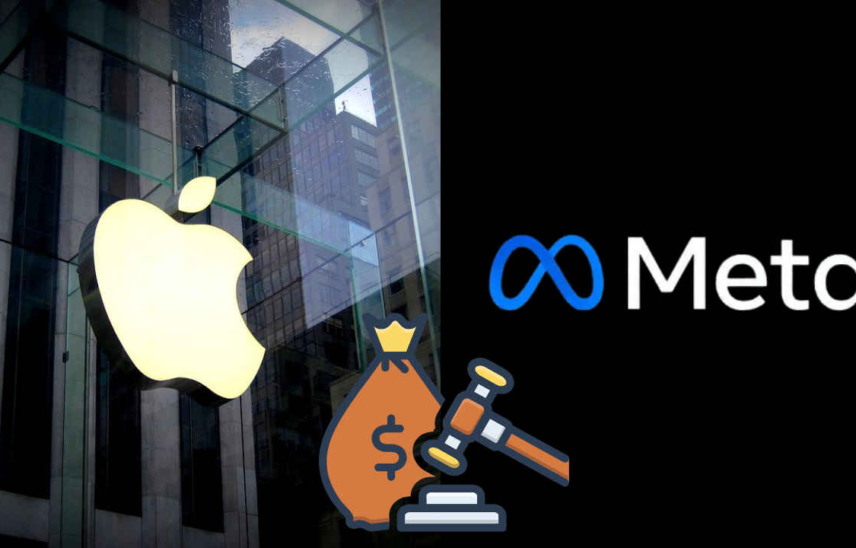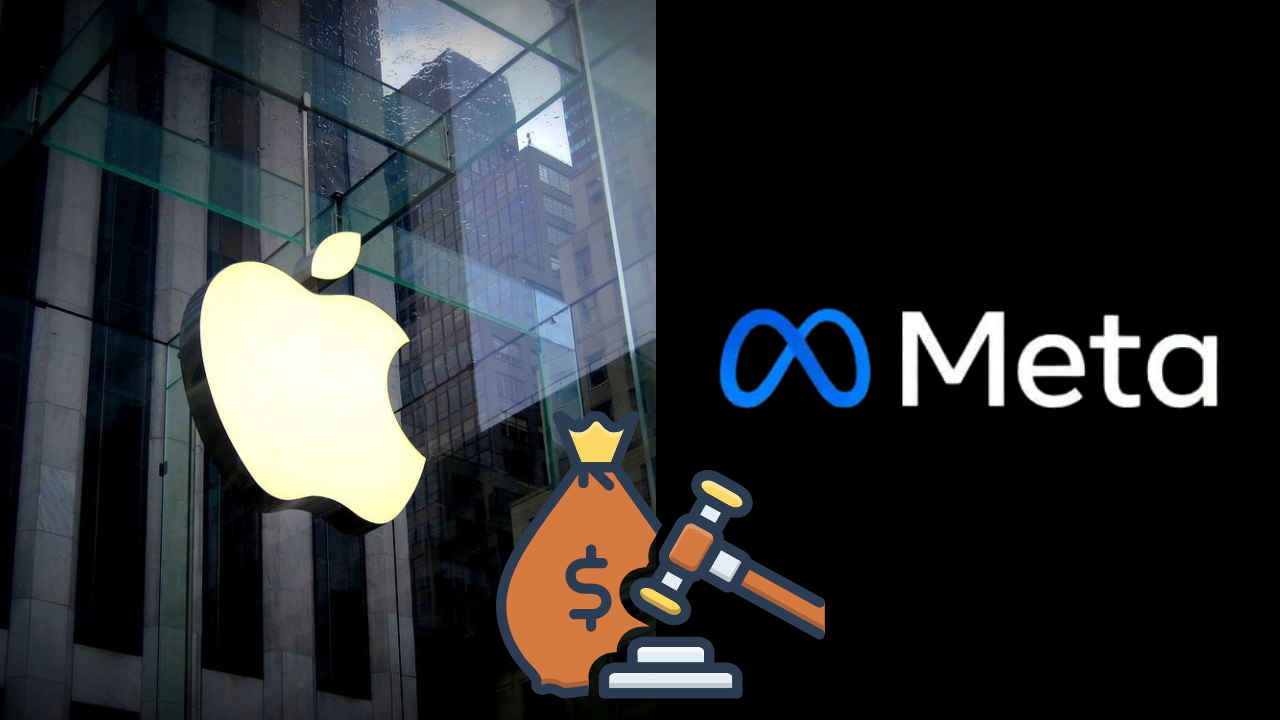
- Home
- Managed Services
- Cyber Security
- Blog
- About Us

We 365 Admin Support, just simplify your IT problems
Call for a free support. +91 96666 59505Platform Partnership
- Who We Help
- Shop
- Contact
- News






HIGHLIGHTS
Table of Contents
ToggleIn a significant enforcement action, the European Union has levied fines against tech giants Apple and Meta under the newly enacted Digital Markets Act (DMA). Apple has been fined an amount totaling 500 million euros (roughly $570 million), whereas Meta has incurred a penalty of 200 million euros. This decision marks the initial major penalties issued under the DMA, a legislative framework aimed at fostering equitable competition within the digital landscape.
The European Commission, tasked with implementing EU legislation, determined that both corporations had violated regulations designed to level the playing field for smaller competitors. This ruling stems from a comprehensive year-long investigation to assess compliance by Apple and Meta with the newly established rules that came into effect in 2023.
For further insights, you can refer to this related article: OpenAI would buy Chrome if Google is forced to sell, says ChatGPT chief at antitrust trials.
Apple has expressed its intention to challenge the EU’s ruling, arguing that the regulatory actions are unjust. In a statement to Reuters, Apple said, “Today’s announcements are yet another example of the European Commission unfairly targeting Apple in a series of decisions that negatively impact the privacy and security of our users, degrade product quality, and compel us to disgorge our technology without compensation.”
In a similar vein, Meta’s leadership has also criticized the EU’s findings. Joel Kaplan, Chief Global Affairs Officer at Meta, articulated concerns over the ruling, stating, “The European Commission is attempting to handicap successful American enterprises while permitting Chinese and European firms to operate under different standards.”
The EU’s investigation revealed that Apple was obstructing app developers by preventing them from directing users to alternative purchasing options outside the App Store. In Meta’s case, the scrutiny focused primarily on its newly implemented pay-or-consent model on its social media platforms, Facebook and Instagram. Launched in November 2023, users were presented with the option of either consenting to tracking for advertisement purposes or paying to access the platforms without the presence of ads. The EU ruled that this model constituted a breach of compliance until November 2024.
To read more on tech-related scrutiny, check this article: Google paid Samsung extensively to preinstall Gemini AI, as authorities call for stricter penalties.
In light of the penalties handed down, both companies are now under a two-month deadline to rectify the highlighted issues or incur additional daily fines. Non-compliance will result in escalated penalties, underscoring the EU’s commitment to upholding the standards of the Digital Markets Act.
While the financial penalties imposed are noteworthy, it’s important to note that they are comparatively lower than the fines often pursued by the previous EU competition commissioner, Margrethe Vestager. Other major technology entities, including Google and Elon Musk’s platform X, may also face scrutiny and potential penalties in the near future.